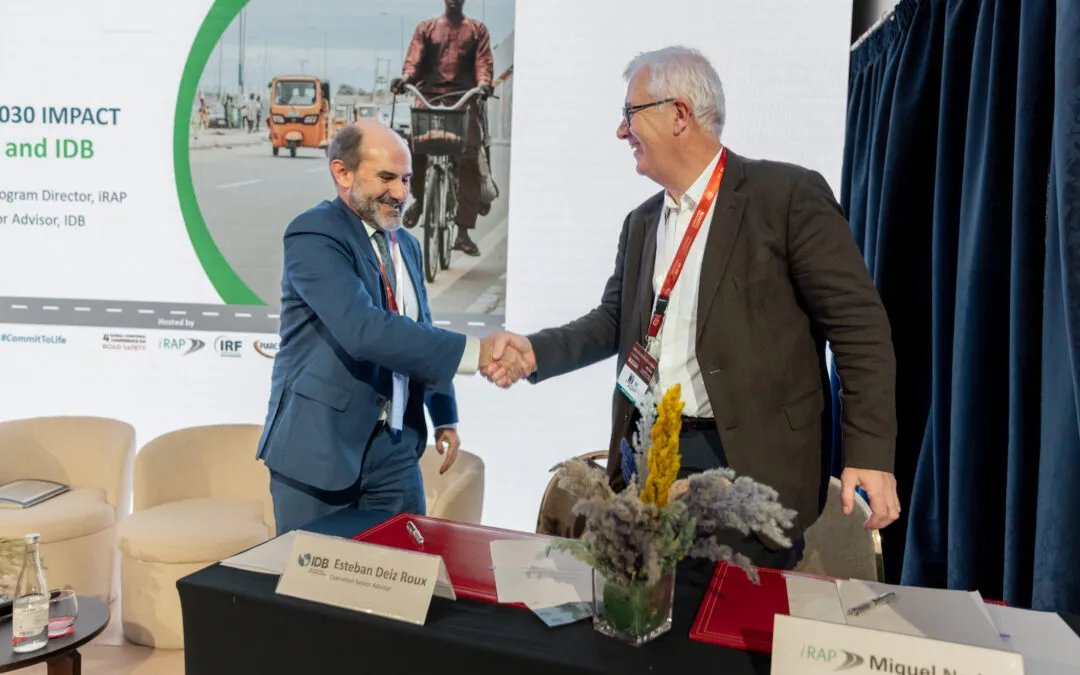The Eurasphalt & Eurobitume 2012 event in Turkey has attracted record attendance figures, although final figures were not available at the time of writing. The 5th Eurasphalt & Eurobitume Congress held in June 2012 at Turkey’s Istanbul Lutfi Kirdar Centre event focussed on sustainability. The conference had as its theme: Asphalt, the sustainable road to success and attracted the highest ever number of attendees for this four yearly event.
In one of the opening presentations Turkey’s transport minister, Binali Yildirim, spoke passionately about his government’s policy of road building. Since 2002 when his party came to power, Turkey has expanded its network of national roads by some 16,000km, compared with the previous 6,100km.
Of the country’s massive infrastructure spending since 2002, 72% has been invested in road building, with a fast pace of construction. “Sometimes we’ve constructed more than 2,000km/year.”
Around US$35 billion has been spent on dual carriageways or highways but this is seen as an asset that will boost the economy. “In five years it will be amortised, so we get a return on investment.”
Turkey is building its road and highway network despite the country’s challenging topography and geology. Mountains make construction projects complex in some locations and novel solutions are being utilised. “We have already commenced construction of the longest tunnel in Turkey and it will be finished in four years,” he said. The highway tunnel connection will feature twin tubes, both 15km long. A series of East-West connections are either planned or under construction to further boost Turkey’s connectivity, as well as improving transport links between countries around the Mediterranean and the Black Sea.
The scale of Turkey’s road construction programme can be seen in the quantities of materials used, contrasting sharply with previous levels. Prior to 2002, the country used some 5 million tonnes of asphalt/year but in 2011 Turkey used some 26 million tonnes. “Our road construction industry also increased,” he said, adding that building the new roads have saved 1 billion litres of fuel and 2.5 billion tonnes of CO2, by reducing congestion and journey times.
Sustainability has become a major focus in the road construction sector and at the E&E conference four sustainability themes were highlighted. These were: effective protection of the environment; prudent use of natural resources; social progress recognising the needs of everyone; maintenance of high and stable levels of economic growth and employment.
A key focus for the event was the recent string of innovations in warm mix asphalt, as well as other technologies. Jean-Louis Marchand, president of the
While road construction technology has become increasingly sophisticated Marchand said that there is now a huge gap between what road contractors could deliver, and what they are asked to do. Too many clients still rely on old technology, despite this being both more expensive and less durable in many instances.
Warm mix asphalt offers particular benefits according to Marchand, with much of the technology having been developed in Europe. “There are dozens of ways to produce warm mix in Europe but less than 2% of total asphalt production in Europe is of warm mix. It is so different in the US. They understood immediately it is the right answer to avoid fumes. Last year they produced 100 million tonnes of warm mix, around 30% of total US asphalt production. We have to learn from that.”
Vilrid Femoen, director of public policy at the Norwegian Road Federation spoke on the economic benefits of road investment, highlighting the fact that Kosovo’s Route 7 project will provide direct economic benefits for the country and has proven popular with the public and politicians alike. “They understand this will boost the economy, save lives and help the people.”
She said that the
Financing road projects is crucial to ensuring viability and governments now have to find different sources of funds to carry out maintenance and expansion work. Key solutions include; design-build-finance-operate, PPP, road concession and asset management options.
André Broto, vice president of
Record attendance for Istanbul’s E&E conference
The Eurasphalt & Eurobitume 2012 event in Turkey has attracted record attendance figures, although final figures were not available at the time of writing.
June 14, 2012
Read time: 5 mins









